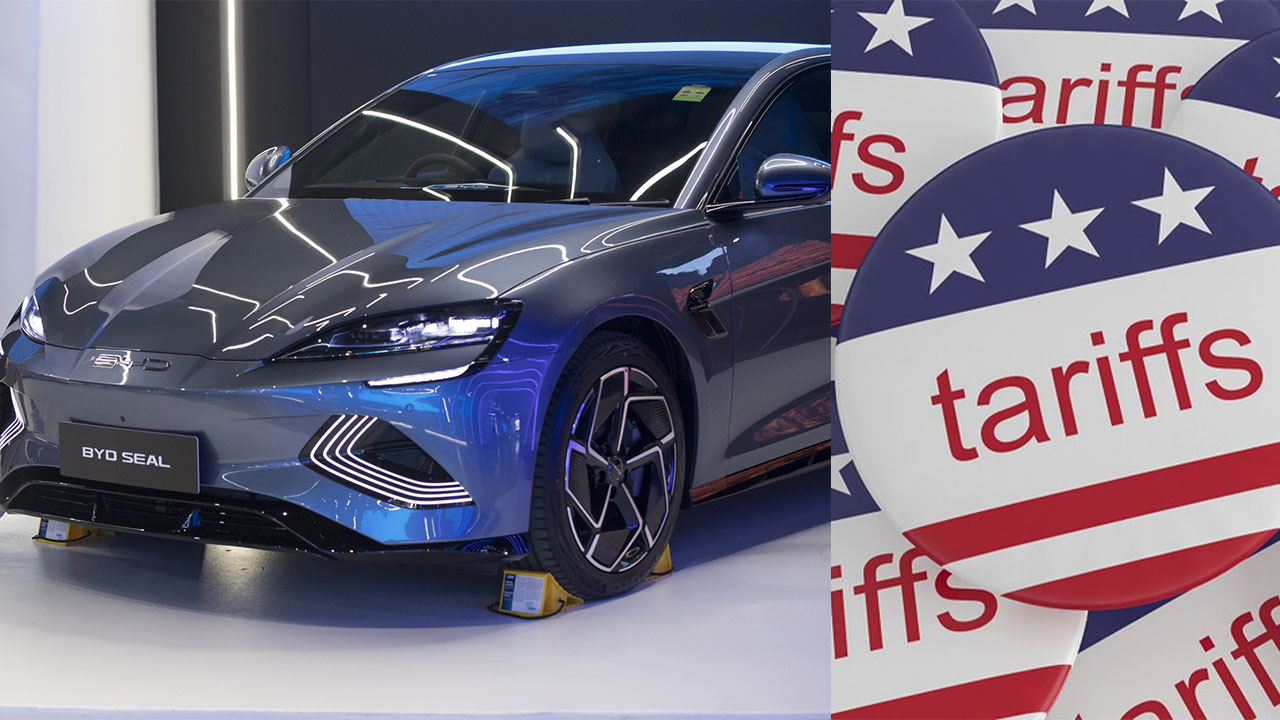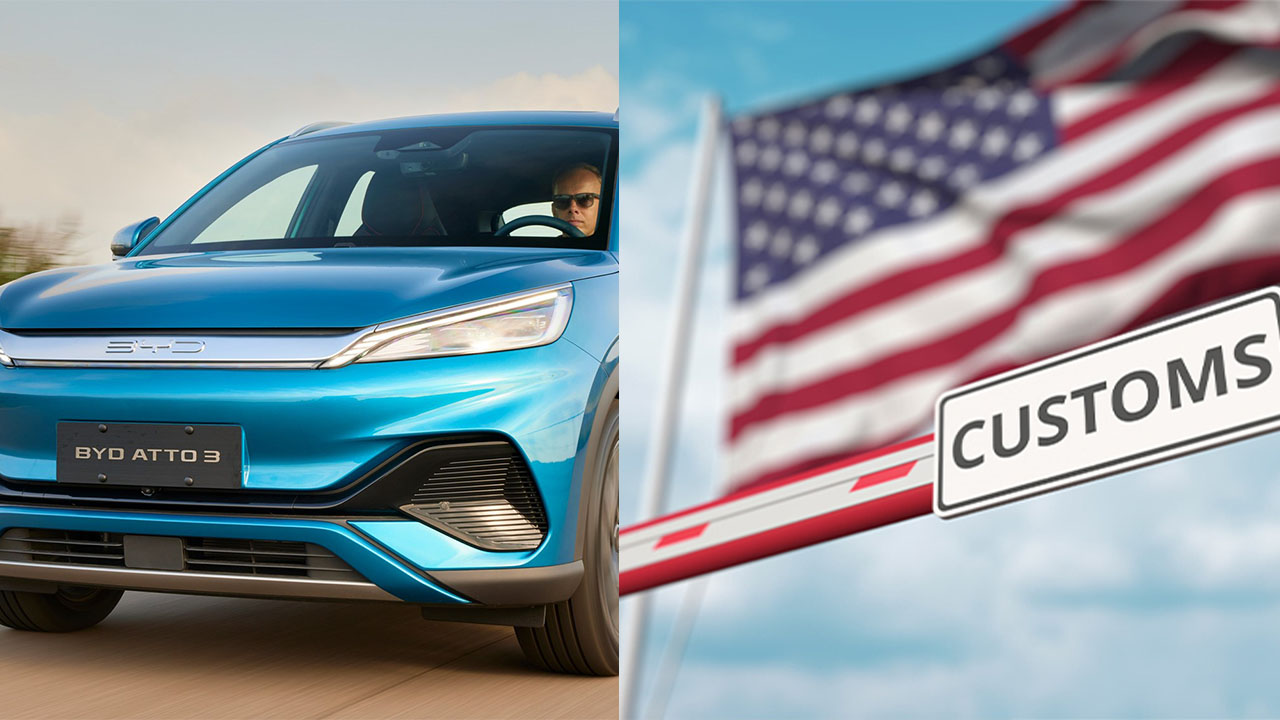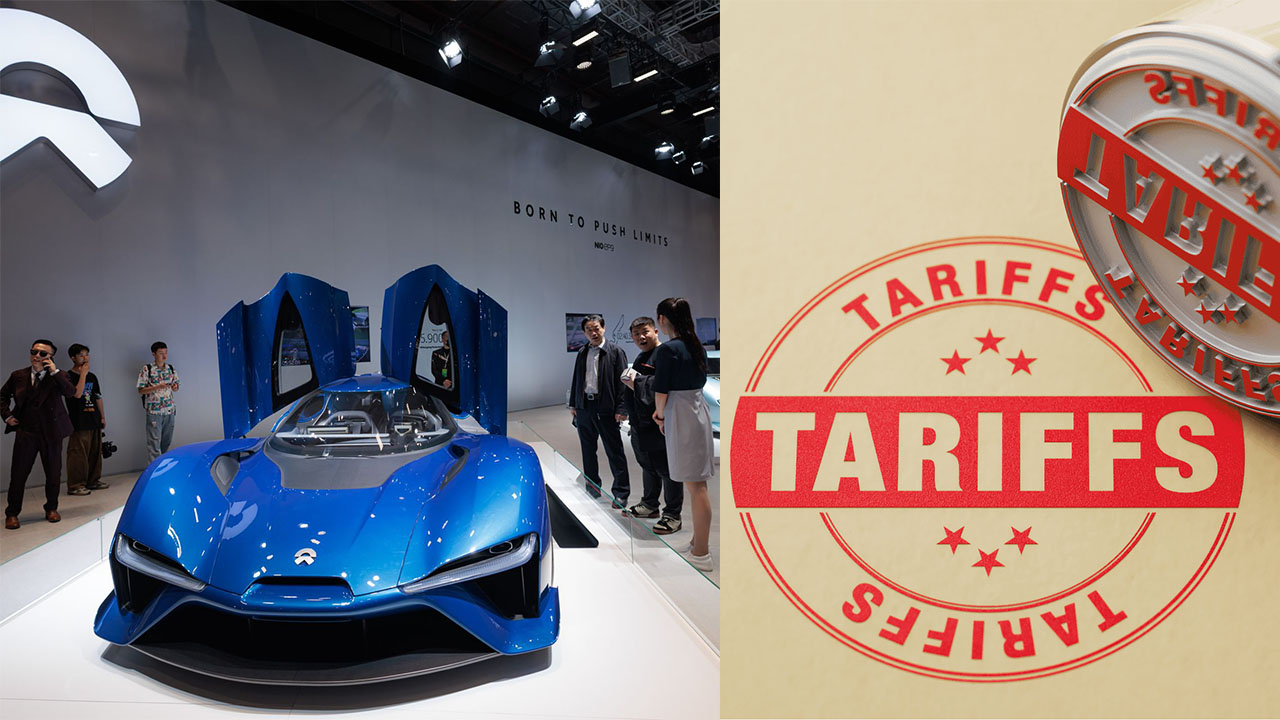The Biden administration intends to increase tariffs on Chinese imports of electric vehicles (EVs) from 25 percent to 100 percent, as part of its heightened endeavors preceding the US election to safeguard American industry.
Anticipated to be announced on Tuesday, the move to heighten tariffs, along with other tariffs on clean energy imports, is expected to be announced by individuals familiar with the matter.
The surge in levies arises amid escalating apprehensions that China could inundate the US market with inexpensive EVs, posing a threat to the American automotive sector.
President Joe Biden has taken numerous actions in recent months to reassure union members in swing states of his commitment to preserving jobs.
For three years, the Biden administration has been reassessing the tariffs imposed by then-President Donald Trump on imports from China as part of the trade war initiated in 2018.
The new EV tariffs will be disclosed alongside the culmination of the review, spearheaded by the US Trade Representative.
During a visit to Pennsylvania last month—an electoral swing state in November—Biden expressed his desire for the agency to triple tariffs on Chinese steel and aluminum.

Recently, the USTR initiated an investigation into unfair practices within the Chinese shipbuilding industry following a petition from the United Steelworkers union.
However, the decision to amplify tariffs on EVs arises as the administration grows particularly concerned about China’s significant progress in the green industrial sector, encompassing the manufacture of solar panels.
“The Biden administration is endeavoring to be proactive and ensure that the US automotive industry does not undergo a fate similar to the US solar industry, which was severely affected by unfairly traded Chinese imports,” stated Wendy Cutler, a former trade official and vice president of the Asia Society Policy Institute.
Cutler noted that Chinese automakers had been ready to absorb the costs of the existing tariffs to undermine their US competitors, but the heightened tariffs would impede this effort significantly.
“A quadrupling of this tariff rate, however, would more effectively shield US auto manufacturers from unfairly traded Chinese vehicles before they can gain a foothold in the US market,” Cutler remarked.

The Biden administration has injected billions of dollars into subsidies for EV and battery production in the US, aiming to stimulate investment in a domestic clean tech sector as part of a strategy to revitalize the rust belt, reduce carbon emissions, and lessen reliance on Chinese supply chains.
In February, Biden ordered an investigation into whether Chinese “connected vehicles”—an expanding category of vehicles connected to the internet, including EVs—posed a national security risk to the US.
These tariffs represent the latest action by the administration demonstrating Biden’s continued imposition of costs on China, coinciding with efforts by Beijing and Washington to stabilize relations following a summit between the US president and Chinese President Xi Jinping last year.
The announcement of the tariff increase follows the US and China, the world’s two largest emitters, agreeing this week to “intensify” cooperation on climate-related matters, including the advancement of green energy.







Leave a Reply